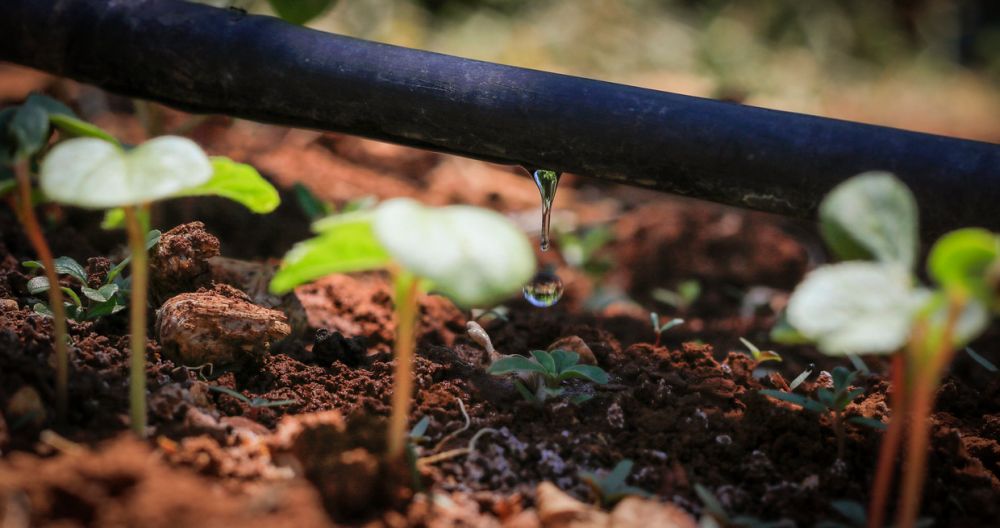A Comprehensive Assessment on Water Reuse Potential in Irrigation in Lebanon

Water scarcity and pollution are major threats for human development in the Middle East, and Lebanon is no exception. Wastewater treatment and its reuse in agriculture can contribute to addressing the increasing water crisis in the region. But, what is the actual potential of water reuse as a solution for agriculture in Lebanon?
In May 2022, the ‘Road-map to Recovery of the water [and wastewater] sector in Lebanon’ issued by the Ministry of Energy and Water (MEW) stressed that deep reforms are needed for the government to be able to ensure just access to water and sanitation services. Based on the wastewater treatment plant database provided by the MEW, ReWater MENA launched, in early September 2022, the “National Analysis of Water Reuse Potential in Irrigation”. The research, organized into two main components, provides a technical and governance assessment of reuse potential and analyzes the possibility of its materialization in the current administrative and politico-economic context.
Through the development of a sophisticated GIS (Geographic Information System) model, which integrates data on Waste Water Treatment Plants (WWTPs) flows and quality, topography, agricultural land use and irrigation requirements, the study provides the most comprehensive assessment of the matter up to now. The assessment found out that, with the existing volumes of wastewater treated at the time of the study (2020), 48 WWTPs would have a reasonably high reuse potential, while if existing WWTPs were fully functional and operated at full capacity, as many as 82 would be in the same bracket. This technical analysis of the reuse potential is useful for the Lebanese government to plan future agricultural reuse projects at national level. This, in turn, would supplement or substitute water needs in schemes suffering from water shortage, reduce groundwater pumping and complement the allocation of freshwater to the agricultural sector.
However, structural shortcomings in the wastewater sector combined with challenges of governance and the lack of a regulatory framework for water reuse impede the materialization of this potential. The National Analysis of Water Reuse Potential in Irrigation” reveals poor administrative capacities and weak local stakeholders’ engagement in the planning, implementation, and management of existing WWTPs. The report also recommends empowering local actors and involving irrigation committees in planning and managing future reuse systems.
The use of recycled water in agriculture is regarded as one of the most sustainable solutions to water shortages in Lebanon, given the amount of freshwater withdrawals. In the current economic, financial and political crisis in Lebanon, these barriers have become more entrenched and tend to attenuate the technical potential calculated. Therefore, once the socio political and economic crisis in Lebanon easies, addressing these barriers will be key for more and safer water reuse in the country.
Read the full report here:
https://www.iwmi.cgiar.org/Publications/IWMI_Research_Reports/PDF/pub181/rr181-high_resolution.pdf
